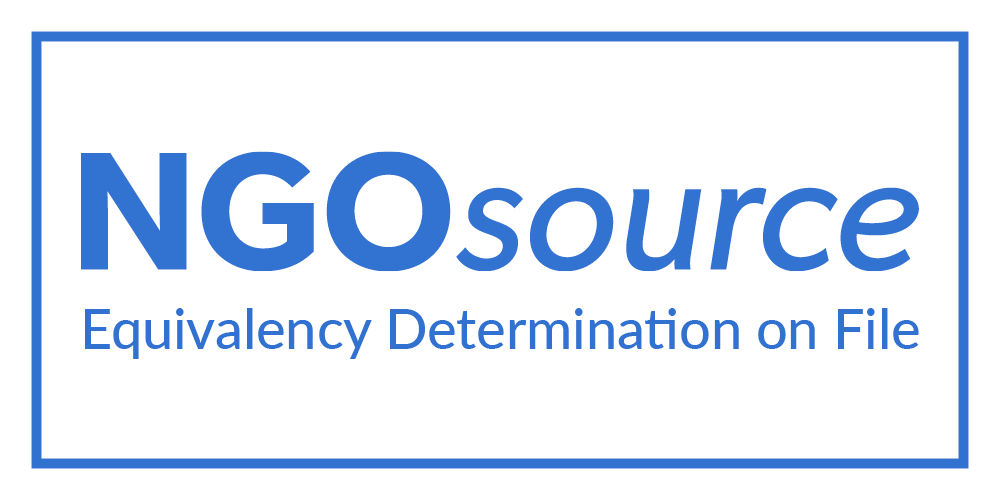Royalty Discussion: Artists’ Rights, Not Industry Profits, at Kios Ojo Keos
Photo: Koalisi Seni/Margaret Megan
Jakarta, October 21-22, 2024 – The Indonesian Federation of Music Unions (FESMI) and Koalisi Seni held a public discussion titled “Royalties Are Artists’ Rights, Not Industry Profits” at Earhouse, South Tangerang, and Kios Ojo Keos, South Jakarta. The event aimed to highlight the urgency of protecting musicians’ royalty rights amidst the rapidly evolving digital music industry and to address the injustices many musicians face in receiving fair royalties.
The discussion brought together music practitioners, including songwriters, musicians, lawyers, journalists, and listeners from diverse backgrounds. The two-part dialogue featured prominent figures such as Cholil Mahmud, Yovie Widianto, Febrian Nindyo, Endah Widiastuti, Widi Puradiredja, and many others.
In the digital era, Indonesian musicians face significant hurdles in earning royalties. According to a study by Koalisi Seni titled “A Quite Damage: The State of Digital Music Copyright in Indonesia”, the current royalty policies fail to adequately protect musicians. The dominant streaming business model in today’s music industry is poorly accommodated by existing regulations, leaving many artists at a disadvantage.
Ratri Ninditya, Research Coordinator at Koalisi Seni, highlighted that the root of the issue lies in the Copyright Law, which prioritizes industry interests over those of musicians. “The 1982 Copyright Law was primarily driven by industrial interests rather than musicians. Although there were intentions to protect musicians, the law leaned heavily toward industry needs. When it was revised in 2014, we were already in the digital era, but the attention to how digital platforms share royalties was overlooked. From platform revenues, only about 12% is distributed, which must then be divided among publishers, CMOs, and musicians.”
In addition to digital challenges, musicians also face issues in the physical sector. Minister of Law and Human Rights Regulation No. HKI.2.OT.03.01-02 of 2016, which sets royalty tariffs for commercial use of songs and music, mandates a blanket collection method. Musicians have no access to data on which of their songs are most frequently used or how often they are utilized. Moreover, the regulation’s requirement for annual evaluations of royalty rates has not been implemented since its enactment.
Panji Prasetyo, FESMI’s Legal Director, expressed concern over the lack of significant progress in royalty matters over the past 35 years. “Instead of creating a national system that truly benefits musicians, we’ve seen only an increase in the number of CMOs. With the rise of the digital era, there is an urgent need for a system to manage data, distribution, and collection of royalties, but such a system is still unavailable.”
Yovie Widianto, FESMI’s Chairperson, also shared his frustrations with the lack of transparency in the royalty system. “We see streaming data reaching millions or even hundreds of millions, yet the royalties received don’t seem to reflect those numbers or the song’s popularity. Transparency in distribution is crucial, and it would be great if this issue could be addressed in a way that’s clear to composers and musicians across the nation.”
Hafez Gumay, Advocacy Manager at Koalisi Seni, emphasized the importance of collective efforts from civil society to push for a revision of the Copyright Law. “Advocating for legislative change is a long journey, but we must seize this momentum. To take concrete steps, we need to prepare an alternative academic draft to engage with the government on equal footing.”
FESMI underscored the need for a fair and healthy ecosystem where musicians receive royalties that match their contributions to the music industry. “Royalties are the rights of musicians, not tools for the industry to amass profits. We must ensure that young musicians don’t face the same injustices in the future,” said Endah Widiastuti, FESMI’s Director of Training and Empowerment.
Through this discussion, FESMI and Koalisi Seni urge the government to take immediate action to revise the Copyright Law to create a fair, transparent, and sustainable royalty system for Indonesian musicians. This revision is also expected to balance the power of digital platforms, which currently claim a large portion of revenues without providing adequate compensation to songwriters.
For more information, read “A Quite Damage: The State of Digital Music Copyright in Indonesia” at koalisiseni.or.id or Academia Koalisi Seni. Learn more about the Indonesian Federation of Music Unions (FESMI) at fesmi.id.
Written by: Amalia Ikhlasanti (Koalisi Seni) & Dzulfikri Putra Malawi (FESMI)




